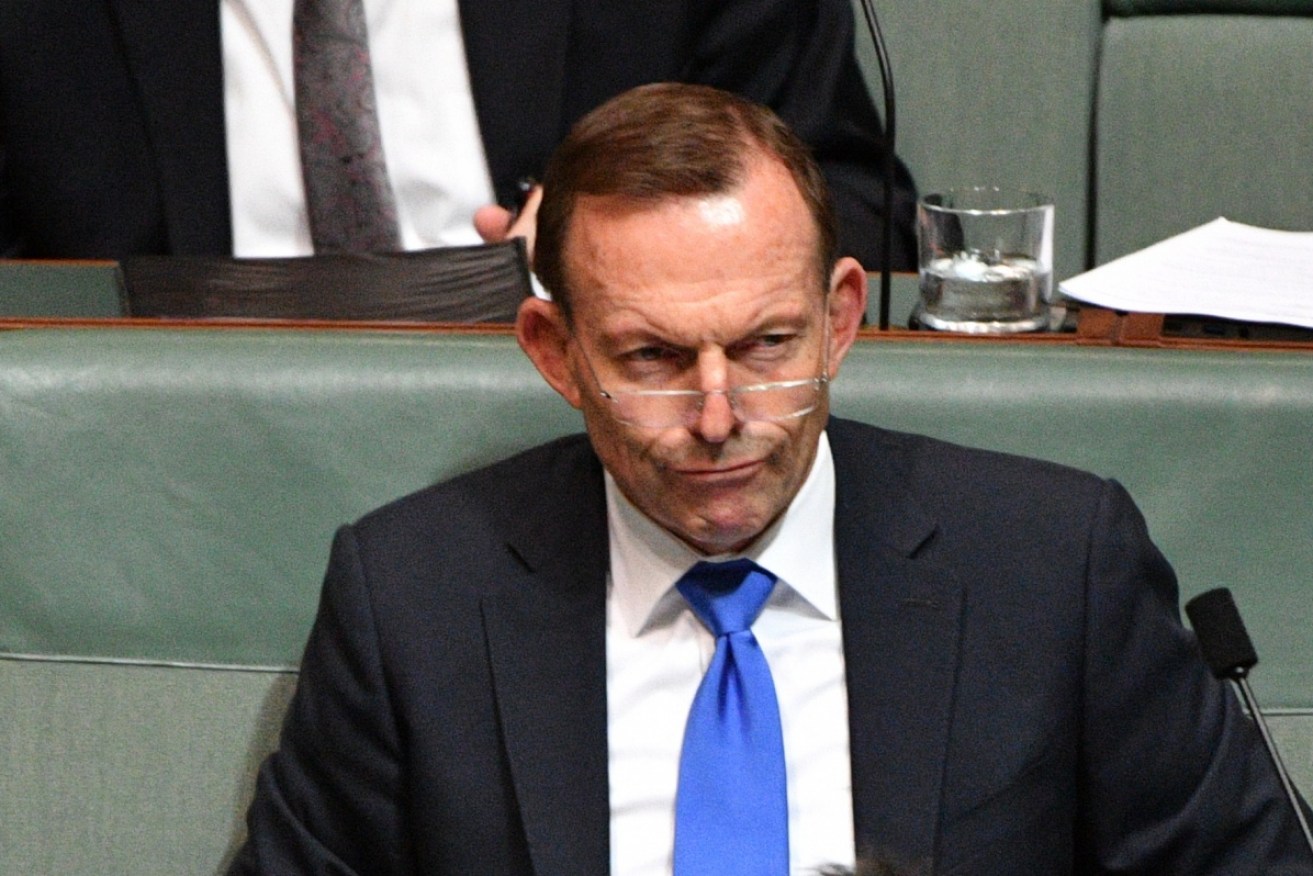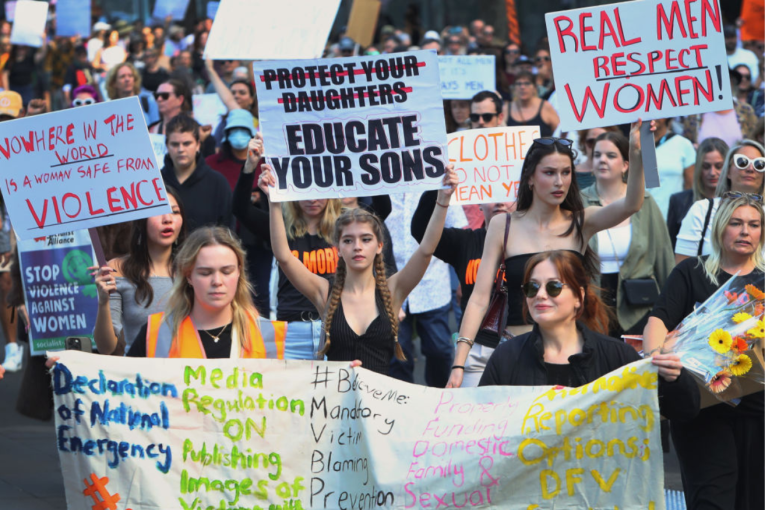Voter intelligence drains the power from Tony Abbott’s energy revolution


Voters are ignoring Tony Abbott's persistent warnings on energy. Photo: AAP
Voters are no fools when it comes to electricity prices. That’s the strong message reinforced by one of the more reputable opinion polls this week, and one of the reasons why Tony Abbott’s campaign against renewable energy is falling on deaf ears.
We’ve known for a while that Australians love renewables, either because the clean technology helps to reduce emissions or it’s a way to cut ourselves loose from the grip of gouging electricity providers.
No amount of propaganda from Tony Abbott and his lackeys is going to convince the owners of rooftop solar in particular that renewables make electricity expensive. Almost two million rooftop solar panel systems have been installed in Australian homes and businesses, with one in five homes now generating their own renewable energy at minimal cost.
The state where the next federal election is likely to be won or lost – Queensland – has the most rooftop solar installations, followed by New South Wales and then Victoria.
If voters were listening to Mr Abbott and his enablers, they’d likely think renewables were pushing power prices through the roof and the Turnbull government’s National Energy Guarantee will only make matters worse. However this week’s Essential poll shows the opposite.
When asked who they blame most for rising power prices, the largest share of the poll’s respondents (44 per cent) blamed “private power companies trying to maximise profits”, while the next largest group (21 per cent) blamed “the Turnbull government for failing to have a long-term energy plan”. Only seven per cent blamed “renewable energy companies for producing higher-cost power”.
In a similar vein, when asked about the power price impact of the NEG, only 22 per cent of respondents thought it would increase costs, while 15 per cent thought it would reduce them and 38 per cent said it would make no difference.
That’s a long way from the roiling mass of voter resentment that Mr Abbott has been hoping to create and then channel to destroy the NEG and unseat Malcolm Turnbull.
It seems that not only are voters no longer listening to the former PM, neither are many of his Liberal colleagues. Turnbull ministers and backbenchers alike have publicly rebuffed a succession of energy policy demands from their former leader.
First was the suggestion that the government should build its own coal-fired power station, then the call to compulsorily acquire the Liddell power station, followed by the demand for a special party room meeting to ‘sign off’ the NEG before it went to COAG energy ministers for approval.
There was the ‘warning’ that the NEG was a carbon tax by any other name, and the claim that “the wheel has turned full circle and we are back to where we were in late 2009, with Malcolm Turnbull trying to do a deal with the Labor Party on emissions reduction”.
And now there’s this week’s call to walk away from the Paris agreement – which Mr Abbott originally signed Australia up to.
On each occasion, only Mr Abbott’s few lieutenants have spoken in support of his ideas – either on or off the record. Instead most Liberal MPs, even those who voted for Mr Abbott in the last leadership spill, have regretfully declined to do so.
According to the Financial Review, a conservative MP who used to support Mr Abbott said the NEG did not involve a carbon price and Mr Abbott was speaking “bullshit”.
Describing Mr Abbott as isolated and sad, the MP also said: “I just shake my head with sadness now, people are tired of him.”
But as we know, the former Liberal leader is nothing if not a self-believer, and a fighter prepared to go the full 12 rounds. He will keep getting up off the mat until he’s knocked out completely.
That’s why the former PM and his supporters have developed a second line of attack.
In recent weeks they’ve whipped up anxiety among Nationals MPs, highlighting the ‘adverse’ effects of the NEG and Australia’s Paris commitments on rural voters in marginal seats. This explains the rebellion by Nationals MPs that the PM and his energy minister are now having to grapple with.








